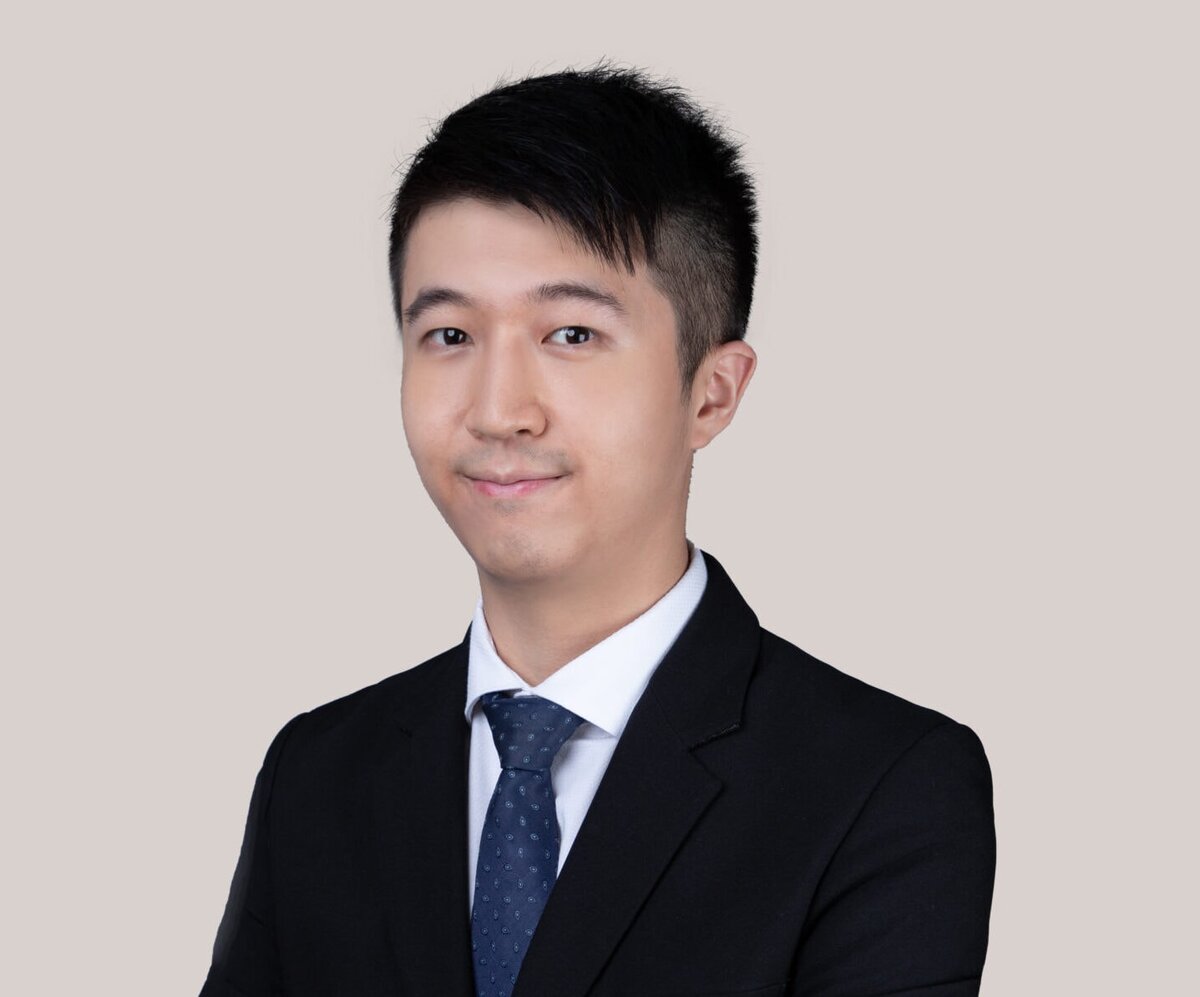Ensuring Testamentary Capacity for Aged and Infirm Testators
16 1月 2025
BACKGROUND
Population ageing has become a challenge to most metropolitans in the world. Similar to other developed economies such as the United Kingdom and Japan, Hong Kong is also facing a serious problem of aging population. The phenomenon of population ageing is expected to continue, with the median age of Hong Kong’s population estimated to reach 55.5 in 2046[1].
As a result, many people have become more open-minded about the discussion of those end-of-life issues, including will preparation and estate planning.
That said, before you rush to instruct solicitor to prepare a will, you must understand that you can only make a valid will when you have testamentary capacity.
But what does it mean to have testamentary capacity? How far does the assessment exercise go?
TEST ON TESTAMENTARY CAPACITY
The principles set out in the UK landmark authority of Banks v Goodfellow[2] remains the standard for determining testamentary capacity in Hong Kong. When being assessed on testamentary capacity, as a testator you must:
- understand the nature of the act of making the Will and its effects;
- understand the extent of the property being disposed of
- comprehend and appreciate the claims to which you ought to give effect.
In Re Estate of Au Kong Tim (Wills: Validity),[3] the Court of Appeal of Hong Kong emphasised the importance of solicitors following this three-limb test, as well as referring to the checklist in the “Assessment of Mental Capacity: A Practical Guide for Doctors and Lawyers” (the “Checklist”) for assessing testamentary capacity.
THE CHECKLIST
According to the Checklist, the three-limb test is particularised as follows:
1. Understand the nature of the act of making the Will and its effects:
You should understand:
- you will die
- your Will shall come into operation on your death, but not before
- you can change or revoke the Will at any time before your death, provided you have the capacity to do so
2. Understand the extent of the property being disposed of:
You should understand and make choices:
- who should be appointed as executor(s) (and perhaps why they should be appointed)
- who gets what under the Will
- whether a beneficiary’s gift is outright or conditional (for example, where the beneficiary is only entitled to the income from a lump sum during his or her lifetime, or is allowed to occupy residential property for the rest of the beneficiary’s life)
- that if you spend your money or give away or sell your property during your lifetime, the beneficiaries might lose out
- that a beneficiary might die before you
- whether you have already made a Will and, if so, how and why the new Will differs from the old one
3. Comprehend and appreciate the claims to which the testator ought to give effect:
Crucially, the judge in Banks v Goodfellow used the word extent, rather than value. There could also be practical difficulties when investments are managed by somebody else, and there are no recent statements or valuations.
In these cases, a reasonableness test should be applied by your solicitors to any estimate you give about the extent of your wealth.
You should understand:
- the extent of all the properties owned solely by you
- the fact that certain types of jointly owned properties might automatically pass to the other joint owner, regardless of anything that is said in the will
- whether there are benefits payable on your death which might be unaffected by the terms of their will (insurance policies, pension rights, etc)
- that the extent of your properties could change during their lifetime
4. Potential claim of others:
You should be able to comprehend and appreciate the claims to which you ought to give effect. As a testator, you have the right to ignore these claims, despite being up to the extent of being prejudiced or capricious. You must be able to give reasons for preferring some beneficiaries and, perhaps, excluding others. For example possible beneficiaries:
- may already have received adequate provision from you
- may be financially better off than others
- may have been more attentive or caring than others
- may be in greater need of assistance because of their age, or physical or mental disabilities
HOW CAN OLN ASSIST?
At OLN, we provide initial consultation service regarding wills drafting, as well as advisory work regarding testamentary capacity. Our solicitors are experienced in assessing if the testator has the requisite testamentary capacity. In case of any issue, OLN can arrange mental health specialist doctor to assist in conducting an assessment for client to ascertain his/her testamentary capacity. If you have any questions on the above, please contact our Partner Mr Jonathan Lam or our Associate Mr Dexter Yuen.
[1] Yiu, William and Ng, Kang-Chung, “Hong Kong going grey faster than expected, sparking fears over healthcare, calls for new retirement policies” (South China Morning Post, 17 August 2023), available at https://www.scmp.com/news/hong-kong/society/article/3231335/hong-kong-going-grey-faster-expected-sparking-fears-over-healthcare-calls-new-retirement-policies, accessed on 8 January 2025.
[2] (1870) LR 5 QB 549.
[3] [2018] 2 HKLRD 864.
Disclaimer: This article is for reference only. Nothing herein shall be construed as Hong Kong legal advice or any legal advice for that matter to any person. Oldham, Li & Nie shall not be held liable for any loss and/or damage incurred by any person acting as a result of the materials contained in this article.
Author(s)
Recent News

 Suite 503, 5/F, St. George's Building, 2 Ice House Street, Central, Hong Kong
Suite 503, 5/F, St. George's Building, 2 Ice House Street, Central, Hong Kong +852 2868 0696
+852 2868 0696
















